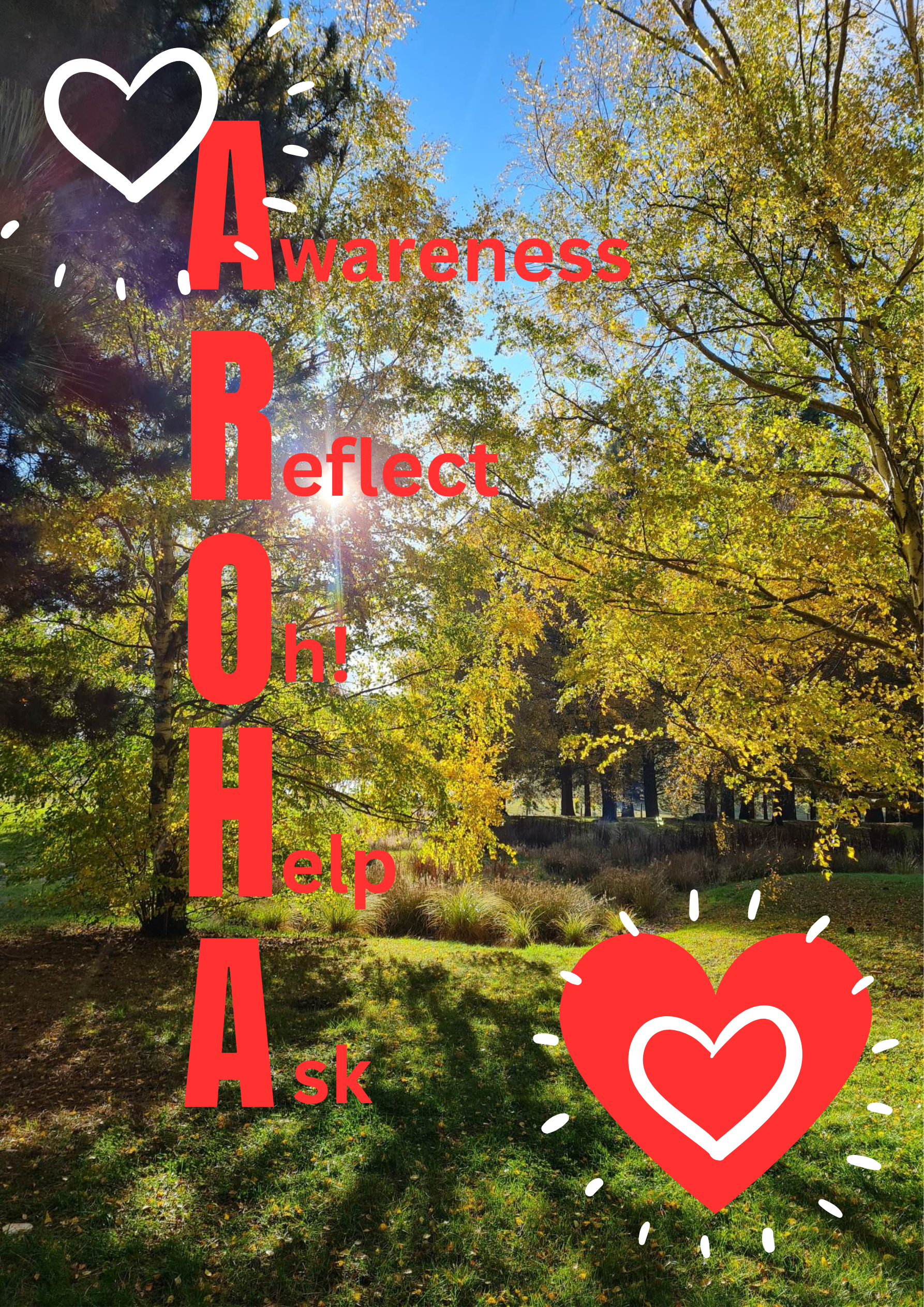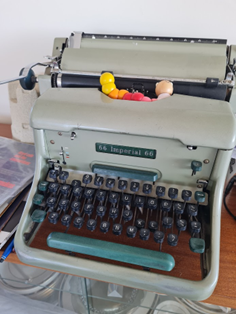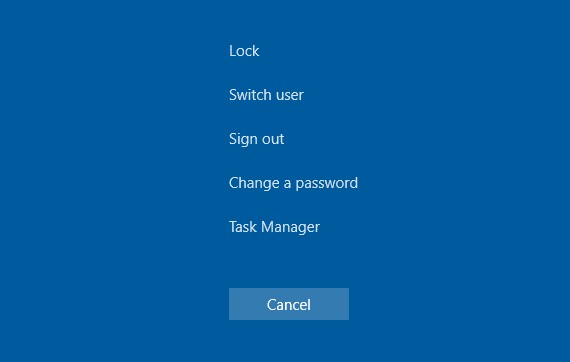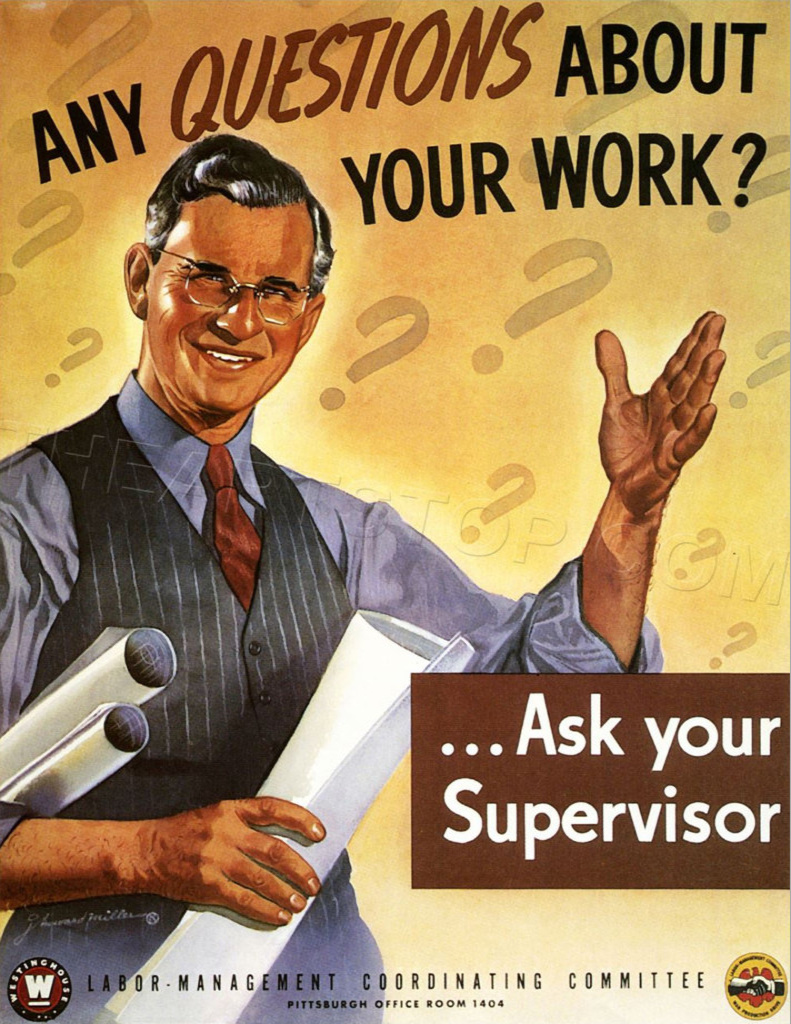Photo by Alessandra Caretto
Around the corner of the building ran Brian.
“Mr Zee, Mr Zee!” he yelled in a frantic tone. Each “Mr Zee” sounding more and more urgent and concerning.
Me, being the Mr Zee in question, well I couldn’t avoid these cries.
It was the end of the day, well, the end of the school day. It was that grey area of the day between 3:00pm and 3:30pm when kids make their way home. It’s that time when nine times out of ten everyone goes home and makes it home just like they’re meant to. Actually, it’s more like 99 times out of 100. With a school of 386 kids, over a week that’s 1,930 incidences of children getting home, so it’s likely to be a miniscule possibility that something goes wrong. The times when someone runs off with someone else’s scooter, or someone else kicks someone in the shins, or somebody yells an obscenity at a passing car are very infrequent at my place, at my school. But yet they do happen, sometimes. And they’re those sort of times that like to mess with the rest of my day, because, let’s face it, they’re hard to fix quickly and often involve a phone call or two and a revisit or review the following day. Sometimes a kid goes missing for a little while and then tensions and concerns really begin to spike. Sometimes, but not ever in my own personal experience, those kids go missing and something really bad happens.
But these times are so infrequent that I’ve really got to wonder why I even bother to worry at all. Still, here I am worrying at every “Mr Zee!” that I hear. When I see Brian, his face is all flustered. He’s been running. He’s puffed and he’s concerned.
I can see my planned afternoon disappearing in front of my eyes.
“Mr Zee, Mr Zee! Have you seen Barry?”
Oh no, Barry. It could be anyone, but Barry is a bit of a dude and he does have a tendency to find his way into awkward situations from time to time. You’ve probably got one or two or three of these in your school too. They’re characters.
As Brian gets closer more words become clearer.
“Have you seen Barry’s ….”
I’m thinking about Barry’s face. Have I seen Barry’s face? Has he been smacked in the head by somebody? It’s highly unlikely, but it has happened at some point in my 32 year long career. I’m picturing a cut to the head, some blood maybe, or a lost tooth.
Brian is in my face now. I can’t avoid him. I’m going to have to deal with this. This is going to be big.
“Mr Zee, Mr Zee, have you seen Barry’s …” he repeats again. He’s struggling to control his breath. He mumbles something else and then adds a “I can’t find it anywhere.”
Can’t find what anywhere? What is Brian talking about? Has Barry gone missing?
I’ve always wondered if it’s true when scientists say that there’s nothing faster than the speed of light. I know Star Trek and Star Wars always have spacecraft running at speeds in excess of this, but that’s only in Hollywood.
The only thing that I can think of that is faster than light is the way that my brain has clicked into gear. A series of very important messages has instantly been relayed to the deepest echelons of my grey matter. All without me even having to consciously send them. It’s just happened.
Somewhere in my mind my emotion regulator has taken control. I’m not exactly sure how this thing works, or what it’s actually called, (I mean I’m not a psychologist, I’m a Principal), but with a little bit of imagination I wonder if my emotion regulator is a bit like a librarian in an old fashioned library, who flicks through thousands of dewey decimal like cards looking for stuff – but at warp speed – multiple times faster than the speed of light.

What stuff is my emotion regulator librarian looking for? Anything that can make even a little bit of sense out of what Brian and his huffing and puffing vocalisations is going on about.
My emotion regulator librarian (let’s just call it an ERL for short) is flinging through countless cards of experiences, looking for information that will help me sort out this Brian thing like experience in front of me.
On every card is a description of an event; a smell; a sound; and a feeling.Maybe even an image. It doesn’t matter when this event has happened in my life. They’re all there, from the moment I’m born, and I’m hoping in some sort of chronological order (but it’s unlikely given the state of my office desk in the real world).
To make things just a little bit easier, my ERL has carefully categorised things as they happen, not in terms of when they happened, but more in terms of how they made me feel. The older cards, you know the ones written on when I was three or four, are written so faintly that it’s hard to even know what they say. It doesn’t matter though, my ERL has thoughtfully assigned them a feeling; an emotion in some sort of magical “forever” ink so that he/she/they can find really quickly. At a speed faster than light.
So in real time I can get some sort of emotion that will help me work out what to do with Brian.
Although it works at breathtaking speed, my ERL does have its faults.
For a start the situation I’m currently in. You know, the one with Brian in front of me, saying “Mr Zee, Mr Zee have you seen Barry’s …..”. Well I’ve never, ever, ever actually been in that exact situation ever, ever before. So my ERL is looking for experiences that I have that might just be similar – even those ones from way back in 1972. My ERL is looking for any information in my past that can help me get through the next period of time. Alive.
On the face of it, it’s majorly helpful and incredibly fast. Especially if Brian happens to be talking about a sabre toothed tiger or something – and my ERL also has the ability to access information from time before my time. That is magical.
But as I said, my ERL does have some faults. For a start the information it’s feeding me back isn’t full proof. My ERL has jumped to some conclusions. Some pretty large jumps at that.
With these conclusions my ERL, still going at crazy breakneck speed, also lets other parts of my body know that it’s time to kick into action. My heart starts to pound a little faster, my muscles become alert, the pupils in my eyes let more light in, and my ears are on high alert.
My ERL has instructed me to get ready.
To get ready for what exactly?
We all do this in times of uncertainty. We all have some sort of ERL type thing getting us ready for the unknown during these times. We are preparing to fight or flight and our emotions are giving us the extra kick to get us moving. I mean, if we’re not angry, or frightened, or concerned, or scared, or anxious, or in love, then what is there that makes us do anything?
My ERL is just a little bit useless sometimes. On the way to work the other day, it began to rain. It was gloomy and getting dark. I felt myself getting gloomy and dark too. Even though I had never, ever been in this exact situation ever before. “It’s going to be a shit day,” my ERL was able to inform me. “Look here,” my ERL told me, “back in time, god knows when, when the light was just like this and the clouds looked like rain, you felt like this – so this is how you should feel again.”
It was automatic. And not particularly helpful.
Weirdly I caught myself thinking like this. And so I told myself, hang on, this is a new situation. Let’s give it some time, and observe what’s going on for just a little bit longer before I revert to letting my ERL tell me how to respond. Strangely the gloom lifted, just for a little while, and I had to work at it. But it was a great feeling, until my mind found other things to observe and my ERL was back in action again. So it takes a little bit of work.
I know that this is an over simplistic way of looking at things. Nothing is as clear cut as this. Sometimes my so-called ERL is incredibly useful – especially those times when I get a “gut feeling” about something. My gut instincts, like yours, are often right on the money.
But there are times when letting your so-called ERL take over is just not helpful at all.
Especially those times when you’re trying to work out the actions of other people.
Let’s face it, our chosen vocation is full of actions by other people. Because we think a certain way, we expect that others will also think the way we do. It’s an easy assumption to make.
And when we’re surprised that they don’t, or they act in a way that is different to what we expected them to, then it causes us difficulties – normally little ones admittedly, but sometimes massive ones too.
I’d like to say that I was thinking all of this at the time that Brian yelled his first “Mr Zee, Mr Zee”.
But I wasn’t. My heart started pounding and I was in action mode. My ERL was in play before I even had time to say, pause and observe. Clever bloody librarian that he /she/they is!
“Mr Zee, Mr Zee, have you seen Barry’s red ……”
The words were falling out now. Brian was looking more and more concerned. His own ERL was in flight.
And finally the last part of the sentence was given…….
“Mr Zee, Mr Zee, have you seen Barry’s red umbrella? He had it a minute ago. But then he had to go get his bag from the cloakroom, and it’s not there anymore. I told him I’d look after it, and now I feel a little bit bad”.
Brian still looked flustered. But my observation of him was becoming clearer now. He was only flustered because he’d been running everywhere looking for this damn red umbrella. No-one was in serious danger. This wasn’t one of those after school events that would stuff up the rest of my day. My ERL was wrong. All at warp speed factor nine.
Of course if I had time to sit down with my ERL and let him/her/they know the sort of pressure they put me under then things might be better. But finding time for a coffee date with my busy, busy ERL is a bit like pushing the proverbial up a hill.
If we did find the time no doubt my ERL would tell me that they’re just doing it all in my best interests. That they have experience on their side and that it’s important for me to be ready for any situation at any time.
The trouble is that my ERL has a default setting. For situations where there are no exact matches in all the catalogue cards available, he/she/they will find an array of all possible fits. I’m given a whole host of possible responses, and because the situation is new, the response on top of the pile is likely to be quite extreme.
“I do it because I just care about you,” my ERL tells me. That’s lovely.
Heading into the new term though, there will no doubt be a heap of challenges. Some new, some old, some familiar, some foreign. Take a breath, take a pause, take some control over your ERL – don’t believe everything that it says you have to feel. Be open and take time to observe.
You’ve got this – not your ERL!
Steve
















